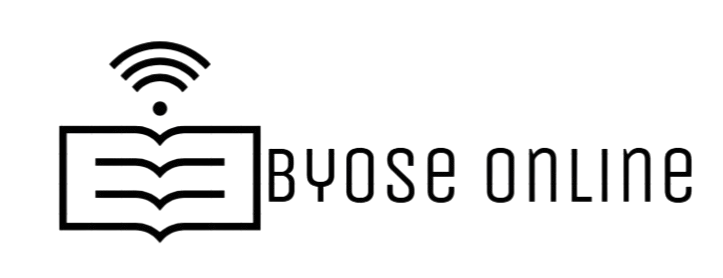With the rapid advancement of technology, the need for robust cybersecurity has never been greater. Ethical hacking is a crucial component in protecting digital assets from malicious attacks. By simulating cyber threats, ethical hackers help businesses and organizations identify vulnerabilities before cybercriminals exploit them.
Ethical hacking is a legal and authorized practice where professionals, often called white-hat hackers, assess the security of systems, networks, and applications. It involves penetration testing, vulnerability assessments, and security auditing to strengthen an organization’s digital infrastructure.
The Importance of Ethical Hacking in Cybersecurity
Cyber threats are becoming more sophisticated, making cybersecurity a top priority for businesses and individuals alike. Ethical hacking plays a crucial role in safeguarding sensitive data from potential breaches. Organizations that fail to invest in cybersecurity risk losing valuable information, damaging their reputation, and facing financial losses.
By adopting ethical hacking practices, companies can identify weak points in their security systems and take proactive measures to mitigate risks. Ethical hackers use various tools and techniques to assess system defenses, ensuring that businesses remain resilient against cyberattacks.
Understanding Penetration Testing
Penetration testing, often referred to as pen testing, is a controlled cyber attack performed to evaluate a system’s security. Ethical hackers simulate real-world hacking scenarios to uncover vulnerabilities that malicious actors might exploit.
Penetration testing helps organizations strengthen their security posture by identifying weaknesses in firewalls, servers, and other network components. Regular pen testing ensures that security protocols remain effective against evolving cyber threats.
Essential Skills Required for Ethical Hacking
To become an ethical hacker, one must develop a strong foundation in cybersecurity principles and technical expertise. Some essential skills required include:
Networking Knowledge: Understanding how networks operate is crucial for identifying vulnerabilities in communication channels.
Programming Skills: Languages such as Python, Java, and C++ are essential for writing scripts and automating security tests.
Operating System Proficiency: Familiarity with Linux, Windows, and macOS environments helps ethical hackers navigate different system architectures.
Cryptography: Knowledge of encryption methods and secure communication protocols enhances data protection strategies.
Problem-Solving Abilities: ethicalethicalethicalethicalethicalethical hackers must think critically and creatively to identify and mitigate security threats effectively.
Ethical Hacking Tools and Techniques
Ethical hackers rely on various tools to conduct penetration testing and security assessments. Some widely used ethical hacking tools include:
Nmap: A network scanning tool used for discovering devices and identifying open ports.
Metasploit: A penetration testing framework that helps exploit vulnerabilities in systems.
Wireshark: A packet analyzer used to monitor network traffic and detect suspicious activity.
Burp Suite: A security testing tool designed for web applications to identify weaknesses.
Kali Linux: A specialized operating system packed with cybersecurity tools for ethical hacking and penetration testing.
Legal and Ethical Considerations in Ethical Hacking

While ethical hacking is a powerful tool for cybersecurity, it must be conducted responsibly and within legal boundaries. Unauthorized hacking activities can result in severe legal consequences. Ethical hackers must obtain proper permissions before conducting security assessments on any system.
Governments and organizations worldwide have established laws and regulations to guide ethical hacking practices. Certifications like Certified Ethical Hacker (CEH) and Offensive Security Certified Professional (OSCP) provide industry-recognized credentials that validate a hacker’s skills and ethical conduct.
How to Become an Ethical Hacker
The journey to becoming an ethical hacker involves continuous learning and skill development. Here are the steps to get started:
Gain Basic IT Knowledge: Understanding computer networks, operating systems, and security concepts is essential.
Learn Programming Languages: Mastering coding skills helps in creating security tools and understanding system vulnerabilities.
Obtain Ethical Hacking Certifications: Certifications such as CEH, OSCP, and GIAC enhance credibility in the cybersecurity field.
Practice Hands-On Security Testing: Setting up a personal lab to experiment with ethical hacking tools improves practical experience.
Stay Updated with Cybersecurity Trends: Cyber threats evolve constantly, making it crucial to keep up with the latest security developments.
Career Opportunities in Ethical Hacking
Ethical hacking offers numerous career opportunities in cybersecurity. Professionals in this field can work in various roles, such as:
Penetration Tester: Conducts security assessments and penetration tests to identify vulnerabilities.
Security Analyst: Monitors and analyzes security threats to protect organizational assets.
Cybersecurity Consultant: Advises businesses on best security practices and risk mitigation strategies.
Incident Responder: Investigates and resolves cybersecurity incidents and breaches.
Security Engineer: Designs and implements security solutions to safeguard digital environments.
Conclusion: The Future of Ethical Hacking
As cyber threats continue to grow, the demand for ethical hackers is expected to rise significantly. Businesses and governments are investing in cybersecurity to protect sensitive data and prevent cyberattacks. Ethical hacking is a rewarding career that not only offers lucrative job opportunities but also contributes to a safer digital world.
By acquiring the right skills, obtaining certifications, and staying updated with cybersecurity trends, individuals can establish themselves as proficient ethical hackers. Whether you are an aspiring cybersecurity professional or a business looking to enhance security, ethical hacking is a powerful approach to safeguarding digital assets in today’s interconnected world.


